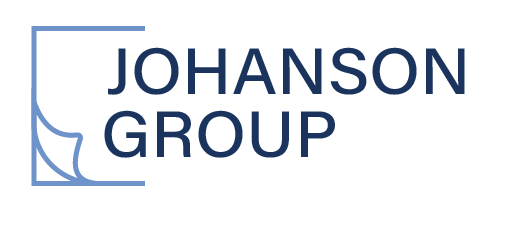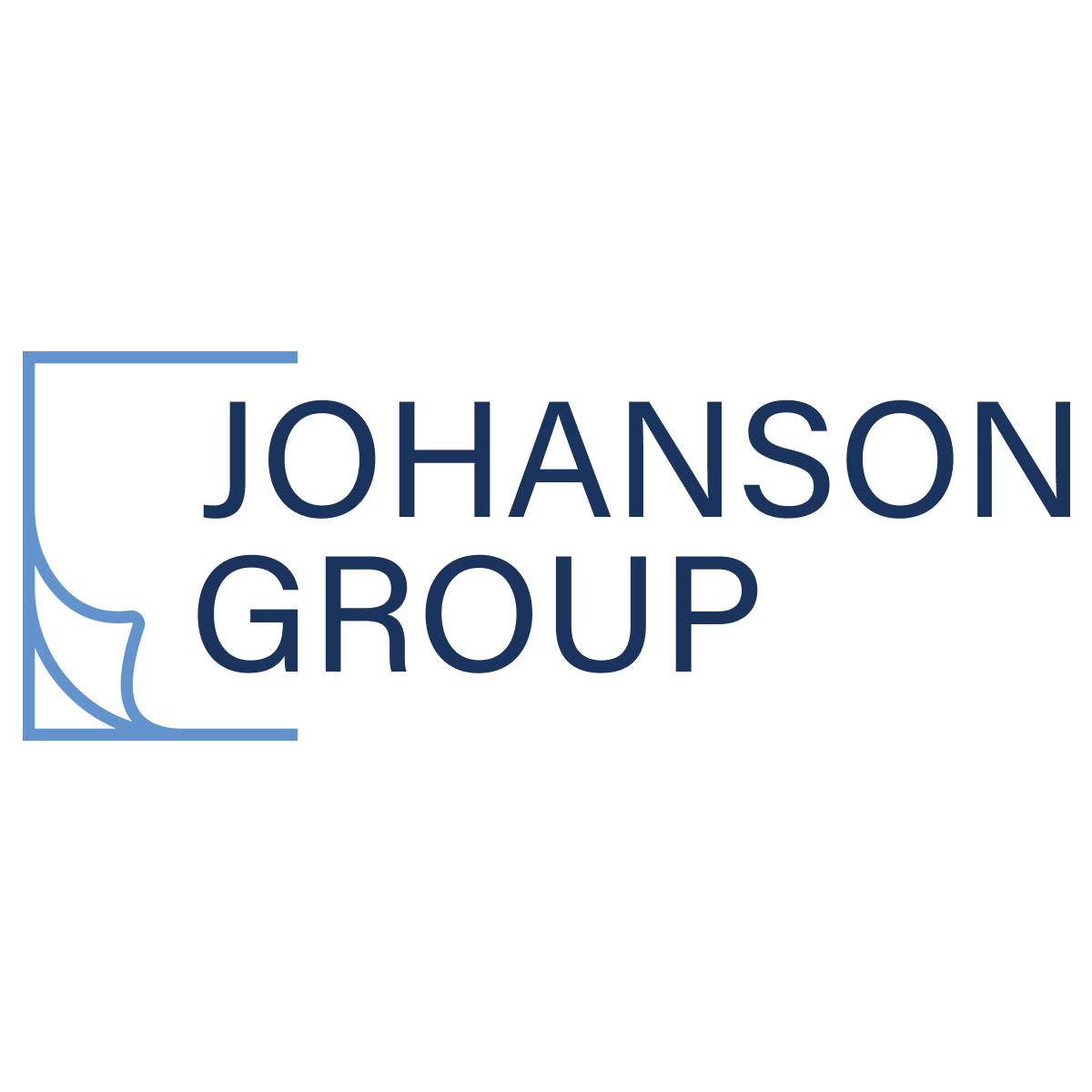Safeguarding Customer Trust: The Value of SOC 2 Audits
Nearly every business relies heavily on technology to store important customer information, conduct transactions, and deliver essential services.
Organizations that handle customer data, like healthcare providers and IT vendors, must establish firm control over their systems and processes to comply with industry rules and safeguard customer information.
This is where a SOC 2 audit comes in.
SOC 2 compliance audits comprehensively assess service organizations' data management and protection practices, verifying adherence to stringent security and privacy industry benchmarks. These evaluations scrutinize how sensitive information is safeguarded, providing confidence to clients and stakeholders that the organization maintains the highest levels of data integrity and protection.
Critical Components of SOC 2 Compliance Audits
Before diving into the details of SOC 2 audits, it's essential to understand the five trust services criteria evaluated during the audit process. Each of the five criteria relate to different aspects of an organization's control environment and are vital in maintaining customer trust.
Security: This criterion assesses the controls in place to protect the system from unauthorized access and protect the information stored within the system.
Availability: This criterion assesses the controls in place to ensure the system is available for operation, such as controls for incident management, disaster recovery, and business continuity.
Processing integrity: This criterion assesses the controls to ensure the system processing is complete, accurate, timely, and authorized.
Confidentiality: This criterion assesses the controls to protect confidential information from being disclosed or distributed to unauthorized parties.
Privacy: This criterion assesses the controls in place to collect, use, retain, disclose, and dispose of personal information in accordance with the organization's privacy notice.
Meeting these control standards is crucial for organizations that handle sensitive customer data. Failure to meet any of these criteria can result in a loss of customer trust, financial penalties, or even legal action. For example, in 2020 Capital One was fined $80 million for a data breach that left 106 million customers vulnerable due to inadequate security controls. This case highlights the importance of meeting the security criterion and the severe consequences of failing.
Organizations must take every necessary step to meet these criteria or risk significant consequences.
4 Critical Steps Involved in Conducting a Successful SOC 2 Audit
A SOC 2 compliance audit thoroughly examines a service provider's controls related to security, availability, processing integrity, confidentiality, and privacy.
The process consists of four steps, adhering to the auditing standards set by the American Institute of Certified Public Accountants (AICPA).
Step One: Scoping
Scoping is the initial step where the auditors identify the systems, processes, and data within the audit scope. It involves understanding the organization's business objectives, identifying critical assets, and evaluating the supporting data and systems.
Step Two: Risk Assessment
The risk assessment involves identifying and evaluating the risks associated with the audited systems and processes. The auditors assess the likelihood and impact of various threats, including cyberattacks, data breaches, and natural disasters.
Step Three: Control Testing
Control testing focuses on evaluating the design and effectiveness of the controls in place to mitigate identified risks. Auditors examine the organization's policies, procedures, and technical rules to ensure proper functioning.
Step Four: Reporting
The final step is reporting, where the auditors summarize the audit results and communicate them to stakeholders. The report includes details about the audit scope, identified risks, and the effectiveness of tested controls.
READ MORE: Streamlining The SOC 2 Audit Process in 10 Steps
Advantages of Undergoing a SOC 2 Audit for Service Organizations
Service organizations can reap numerous benefits by undergoing a SOC 2 audit.
Here are some of the key advantages:
Demonstrating Commitment to Security, Privacy, and Compliance
A SOC 2 audit demonstrates an organization's commitment to protecting its clients' data and maintaining the highest security, privacy, and compliance standards. By aligning with the AICPA Trust Services Criteria, SOC 2 audits provide third-party validation that an organization's controls and processes meet industry best practices.
Enhancing Trust and Credibility
A SOC 2 audit helps build trust and credibility with existing and potential clients. By independently assessing their controls, service organizations showcase their dedication to protecting sensitive information and ensuring that client data is handled securely.
This can be a significant differentiator in highly competitive industries.
Strengthening Internal Controls and Risk Management
SOC 2 audits require organizations to continually assess and improve their internal controls and risk management practices. This process allows organizations to identify weaknesses, address vulnerabilities, and implement robust controls, ultimately enhancing their overall security posture and enabling better risk management.
Meeting Regulatory Requirements and Industry Standards
Many industries have specific regulatory requirements and standards for data security and privacy. SOC 2 audits help organizations demonstrate compliance with these regulations, providing a baseline of security controls that align with industry-specific needs.
For example, Healthcare technology companies, like EHR software providers, undergo SOC 2 audits to adhere to HIPAA requirements and assure stakeholders of their commitment to data privacy and security.
Gaining a Competitive Edge
SOC 2 reports can be powerful marketing tools. They illustrate an organization's specialized expertise, commitment to safeguarding data, and adherence to industry best practices. Sharing a SOC 2 report with potential clients during sales can set an organization apart from competitors and instill confidence in clients prioritizing data security and compliance.
Common Misconceptions about SOC 2 Compliance
Over the years, we've gained extensive experience helping clients achieve and maintain compliance with SOC 2 audits.
Along the way, we've encountered numerous misconceptions and myths we'd like to address.
Myth #1: SOC 2 Compliance is Too Complex to Undertake
One common misconception is that SOC 2 audits are overly complex and burdensome, making it difficult for many organizations to achieve compliance.
Fact:
While SOC 2 audits require a comprehensive evaluation of an organization's controls, they are designed to be flexible and scalable based on the organization's size, industry, and specific circumstances.
Myth #2: SOC 2 Compliance is Expensive and Cost-Prohibitive
Another myth surrounding SOC 2 audits is that they are prohibitively expensive.
Fact:
While it is true that SOC 2 compliance audits require investment, organizations should consider the long-term benefits and value derived from achieving compliance.
SOC 2 compliance can enhance an organization's reputation, attract new customers, and improve security and risk management practices.
Myth #3: SOC 2 Compliance is Only Relevant for Large Organizations
Some believe that SOC 2 compliance only applies to large organizations with extensive IT infrastructure and complex operations.
Fact:
SOC 2 compliance is relevant for organizations of all sizes. Regardless of scale, any service organization that handles client data should prioritize data security, privacy, and compliance.
The Benefits of Partnering with an Experienced Third-Party Auditor for SOC 2 Compliance
Alt Text: Image of wooden blocks to represent people. The blue person is connected with employees by a wide network of lines. At the center of a complex extensive system. Communication is social. Cooperation, collaboration. Project leadership personnel management. | Johanson Group, LLP.
Partnering with an experienced third-party auditor simplifies SOC 2 compliance. Their expert guidance ensures alignment with industry standards and increases the chances of a successful audit.
An independent assessment adds credibility, building trust with stakeholders. Additionally, they offer cost-effective solutions and proactive risk mitigation, protecting your organization's reputation and data integrity.
Check out these resources to help you get started on your SOC 2 audit:
In Summary
In this blog post, we have debunked common misconceptions about SOC 2 audits and provided accurate information to help businesses make informed decisions regarding risk management and compliance strategies.
Let's recap the key points covered:
SOC 2 audits are not too complex to undertake. With the proper guidance and support from expert risk advisory experts, organizations of all sizes can successfully navigate the audit process.
While SOC 2 audits require investment, they are not prohibitively expensive. The long-term benefits of achieving compliance, such as enhancing reputation, attracting new customers, and improving security practices, outweigh the associated costs.
SOC 2 audits are not only relevant for large organizations. Any service organization that handles client data should prioritize SOC 2 compliance, regardless of its size. Demonstrating a commitment to protect client information can help organizations gain a competitive edge in their industry.
It is vital to emphasize the importance of SOC 2 audits in building trust and safeguarding sensitive data. By undergoing a SOC 2 audit, businesses showcase their dedication to security, privacy, and compliance, instilling confidence in clients and fostering trust.
Partner with the Johanson Group for Expert Guidance and Support:
At Johanson Group, we understand the significance of compliance, risk management, and data protection.
Our team of experts can provide the guidance and support needed to navigate the complexities of SOC 2 compliance audits.
Book a meeting with our sales team to discuss how a SOC 2 audit can help your organization
.






